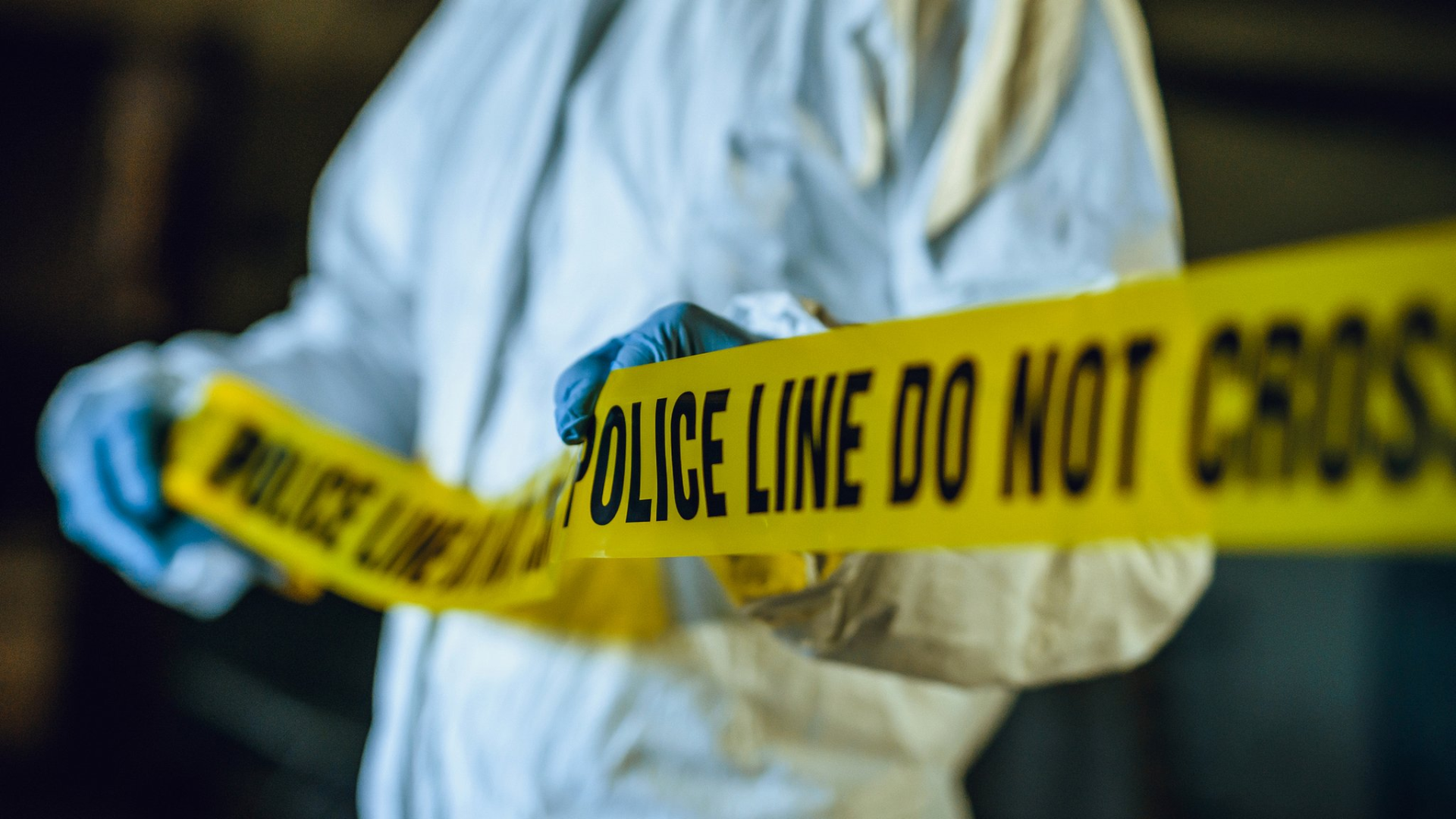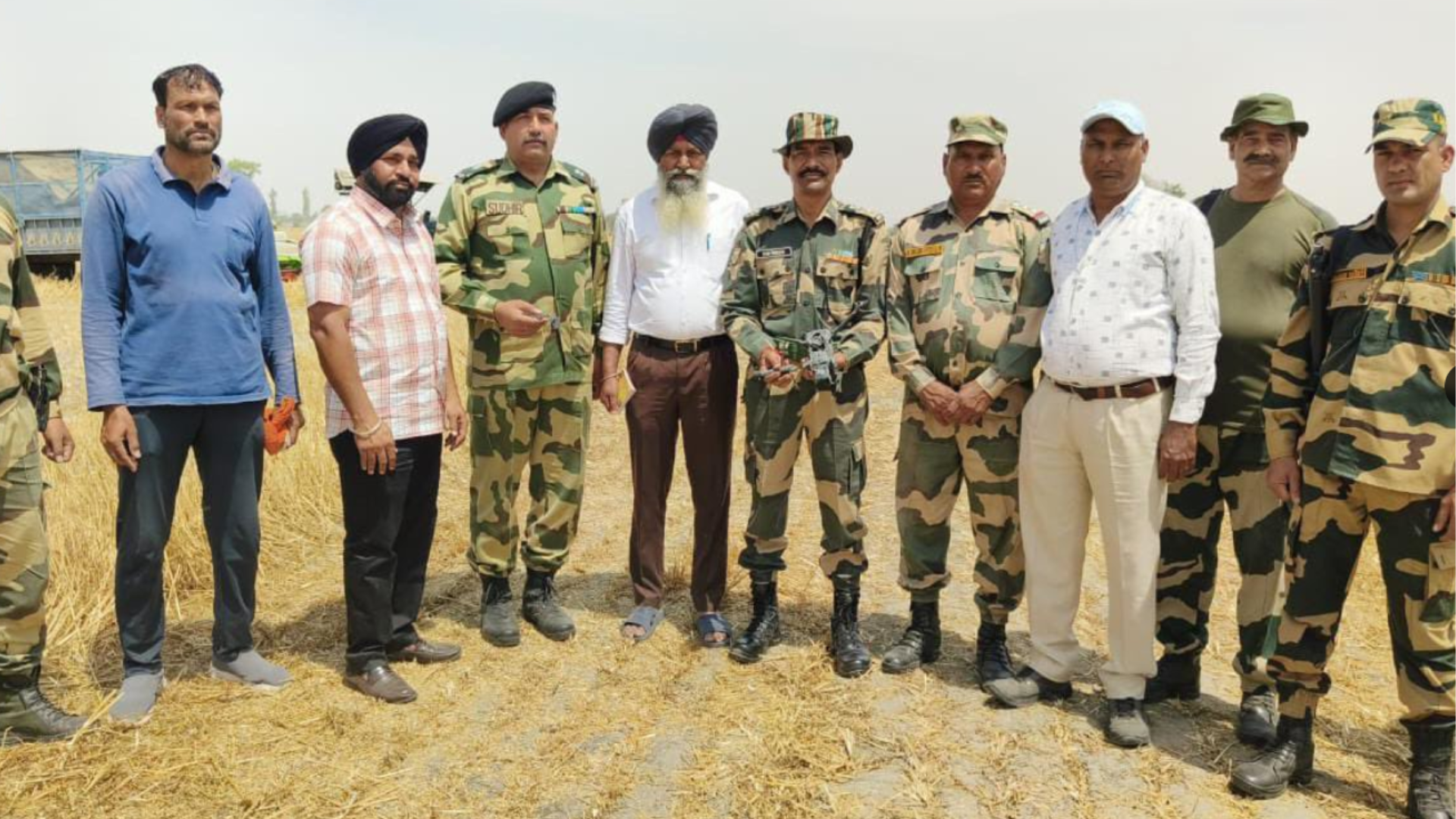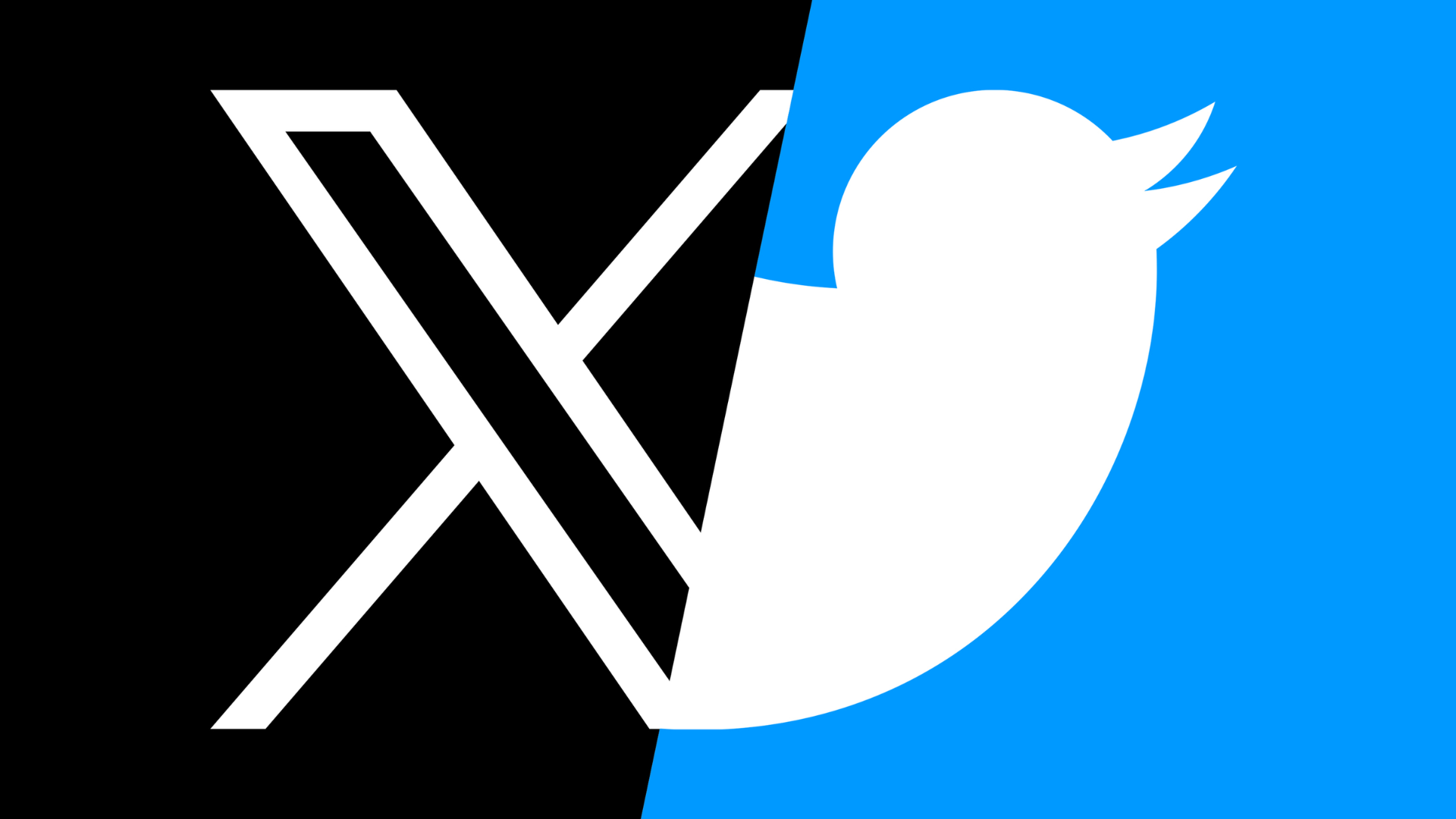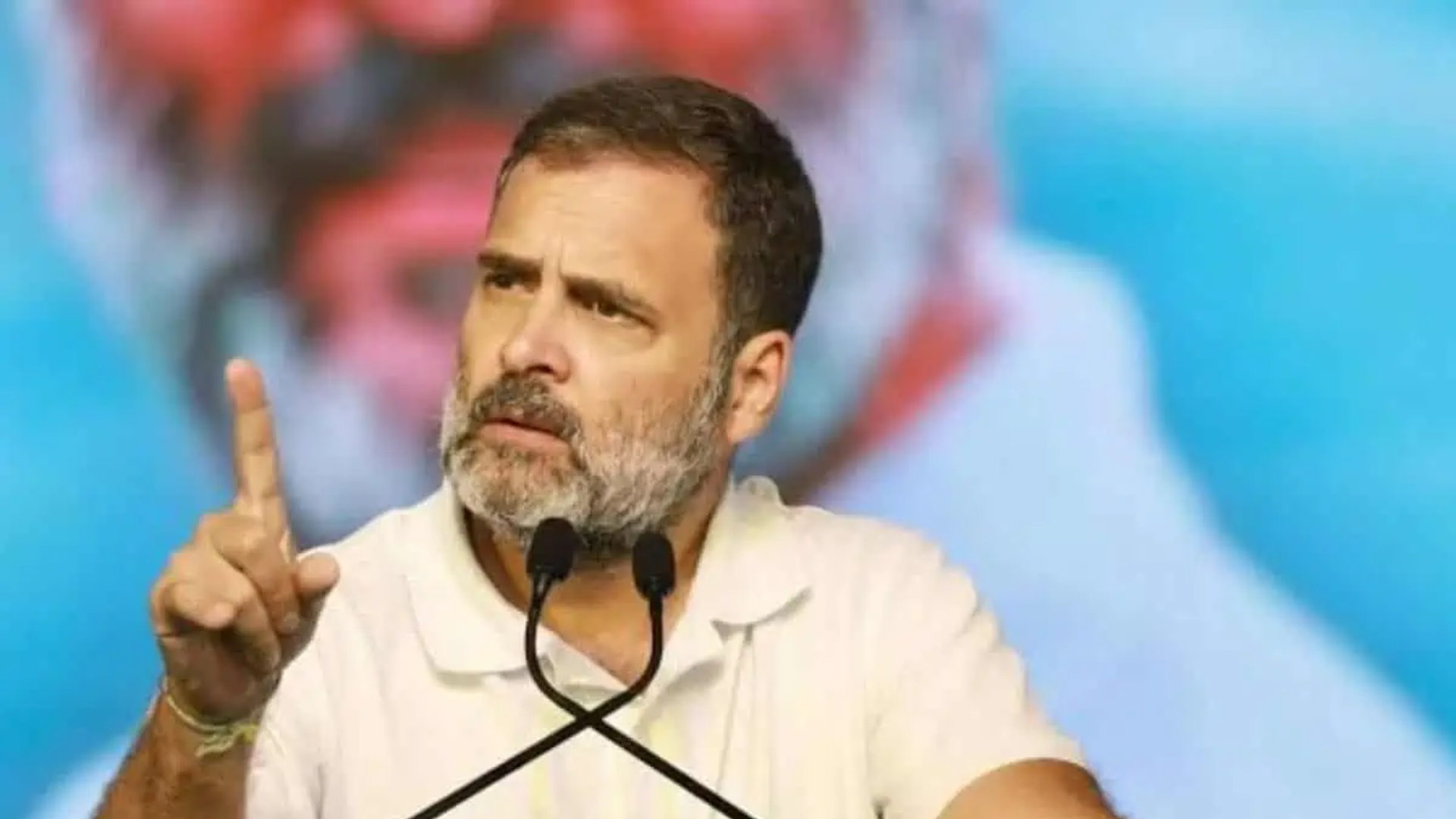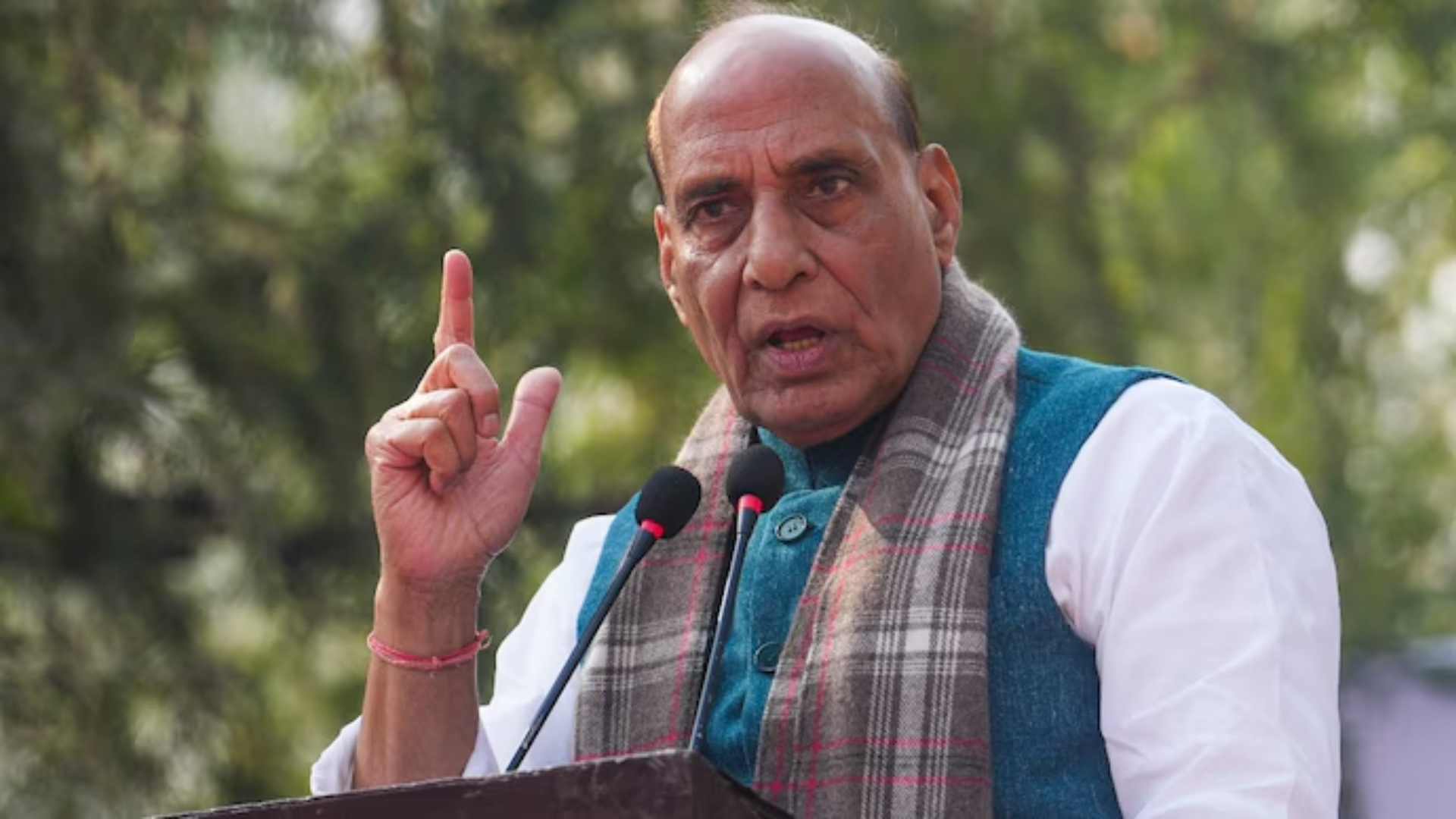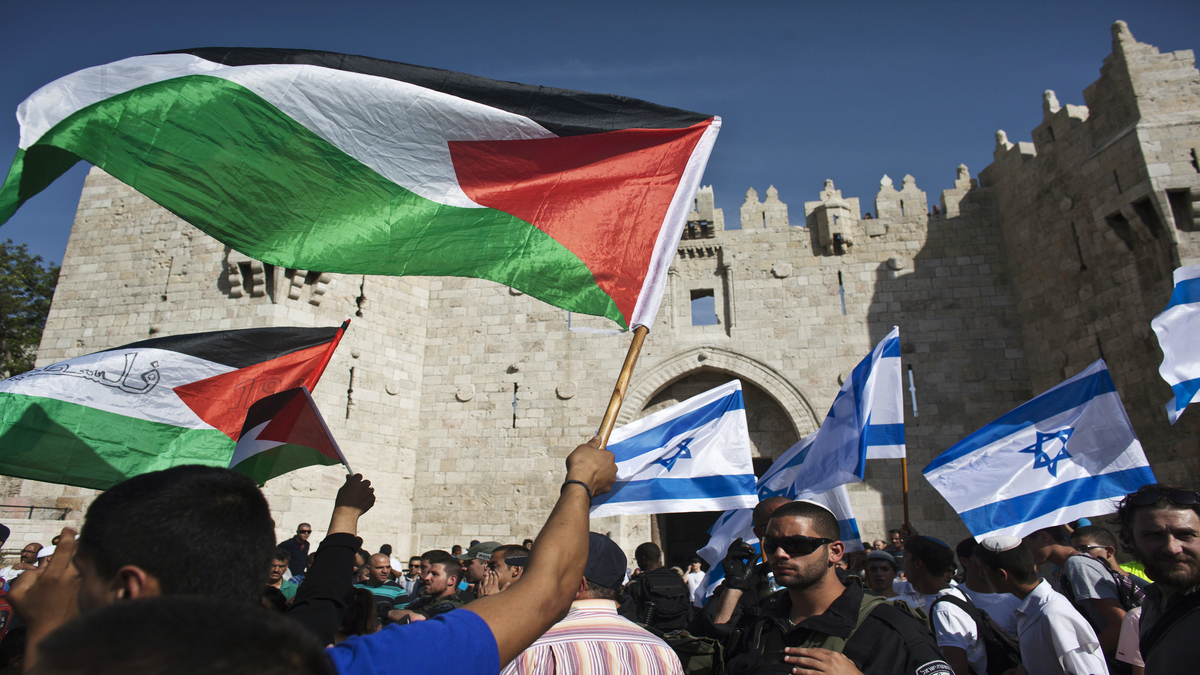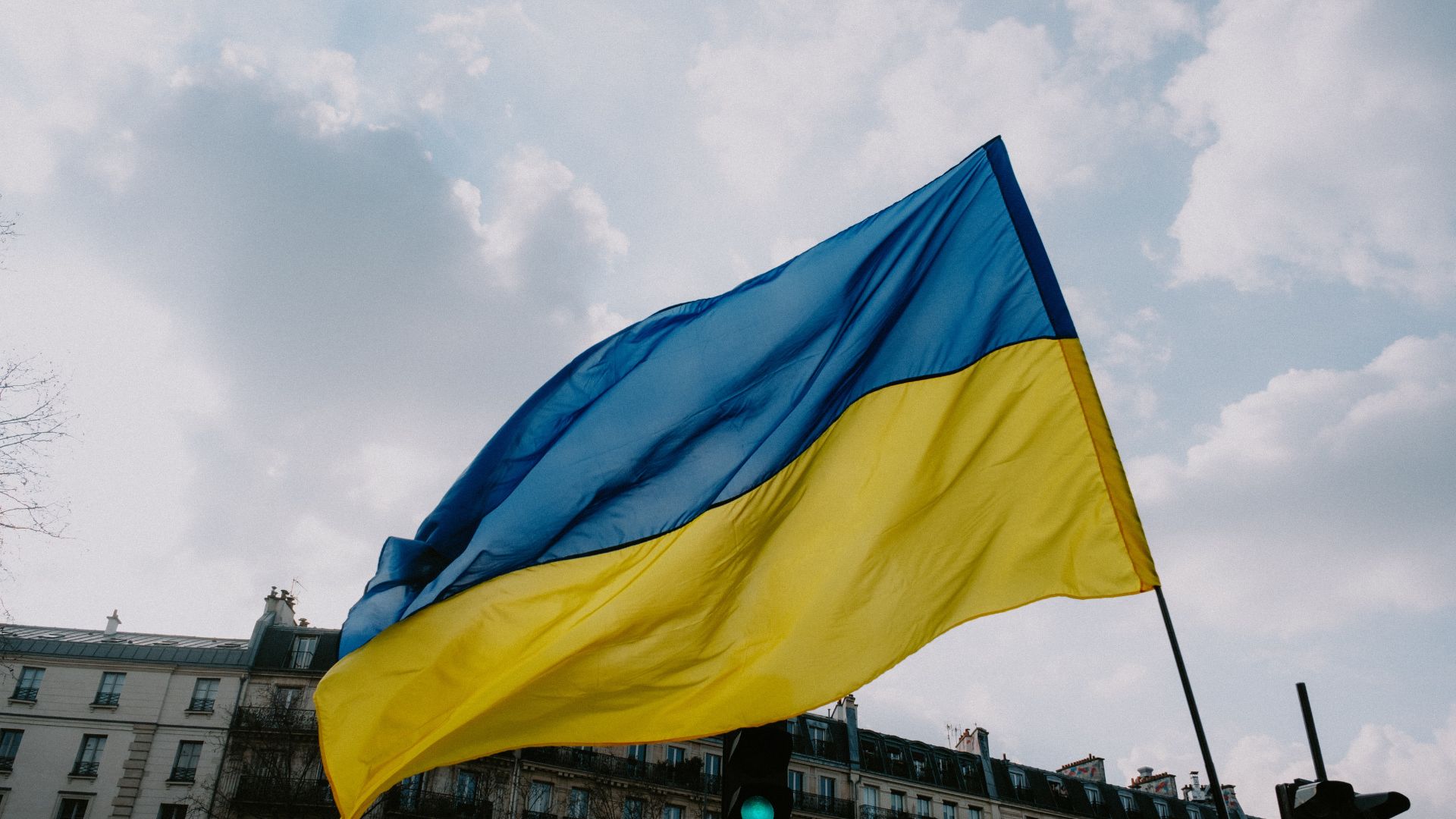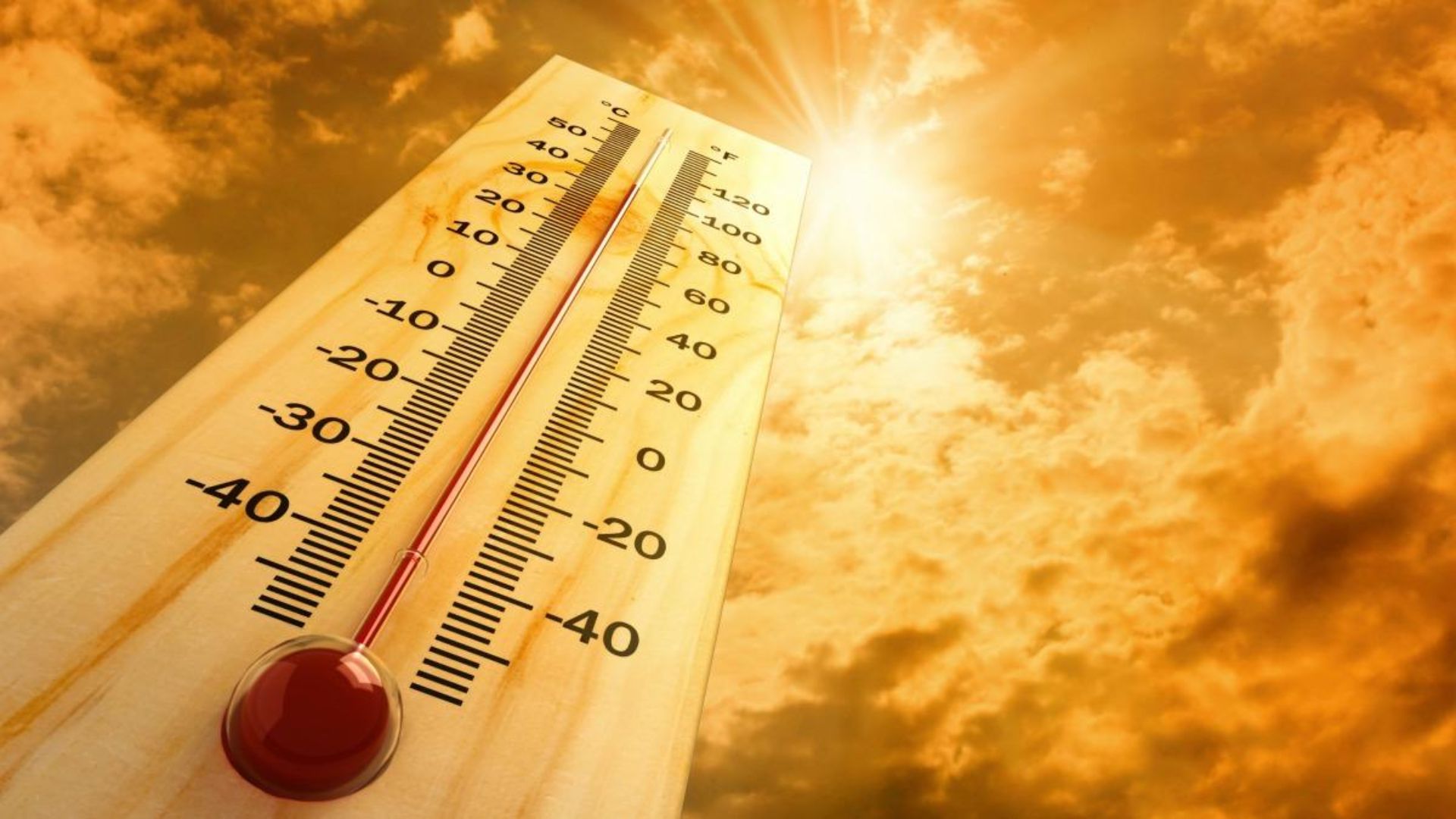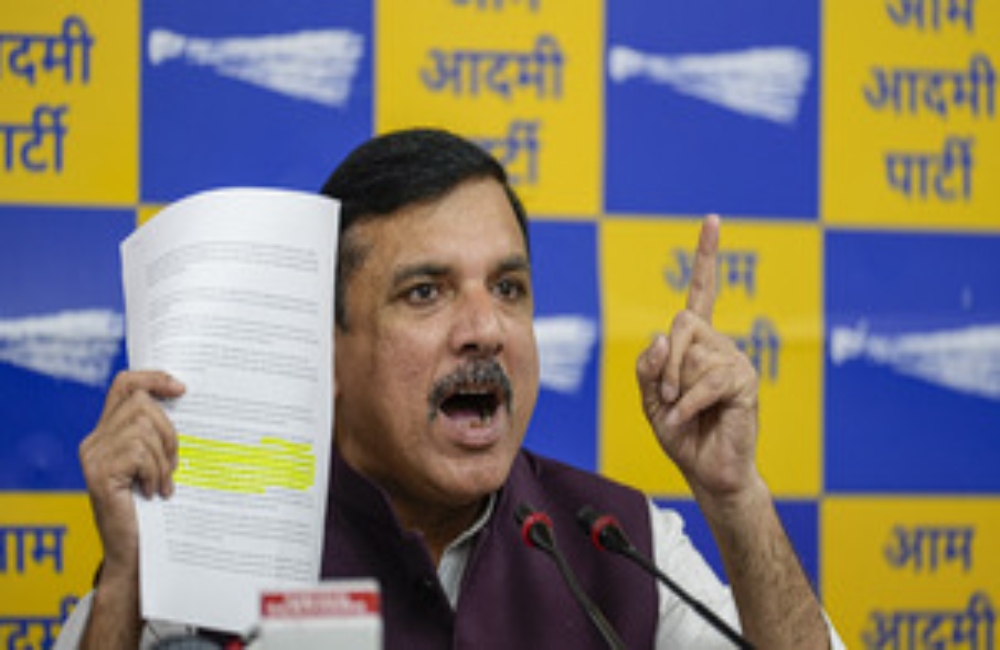


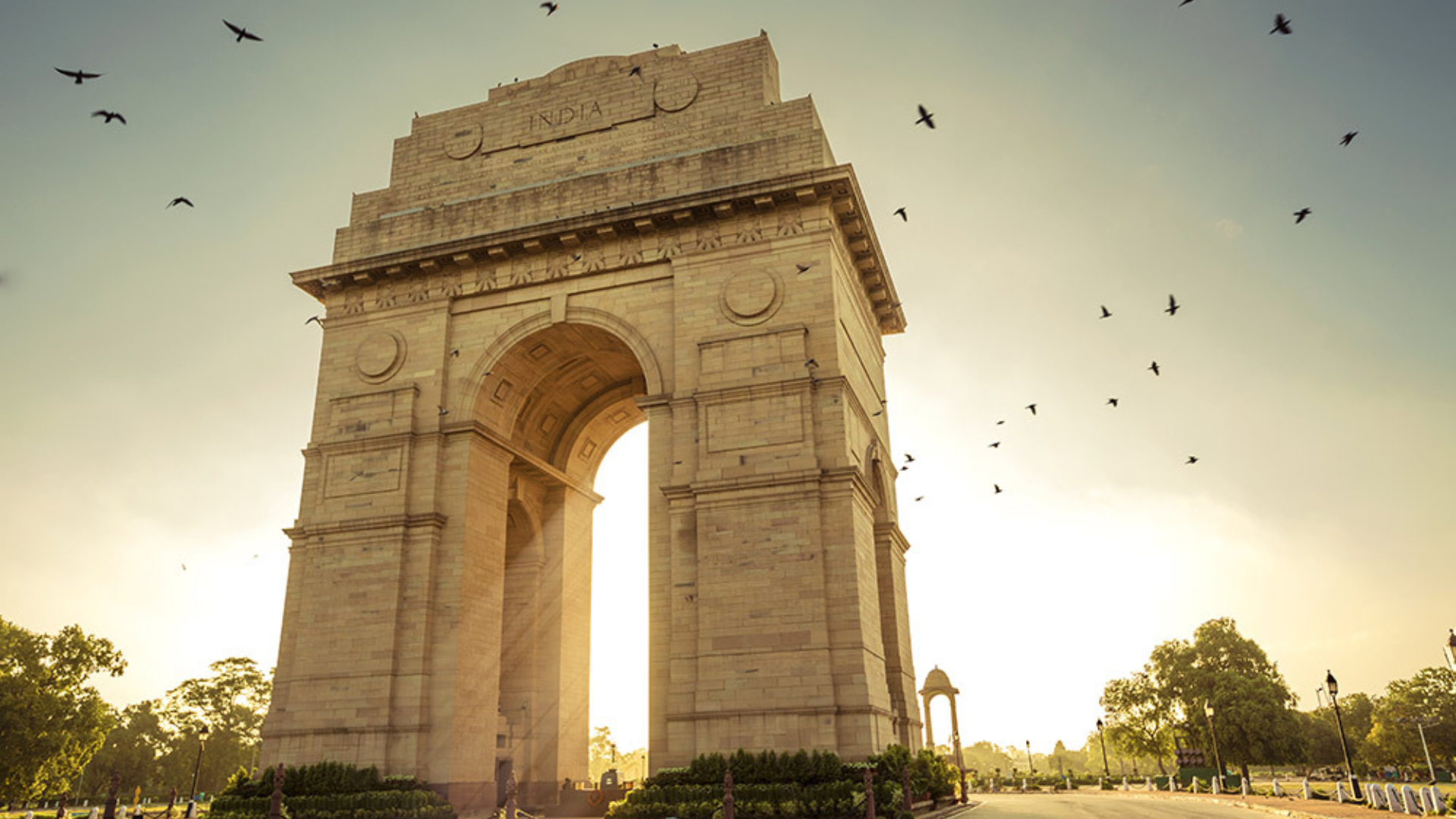
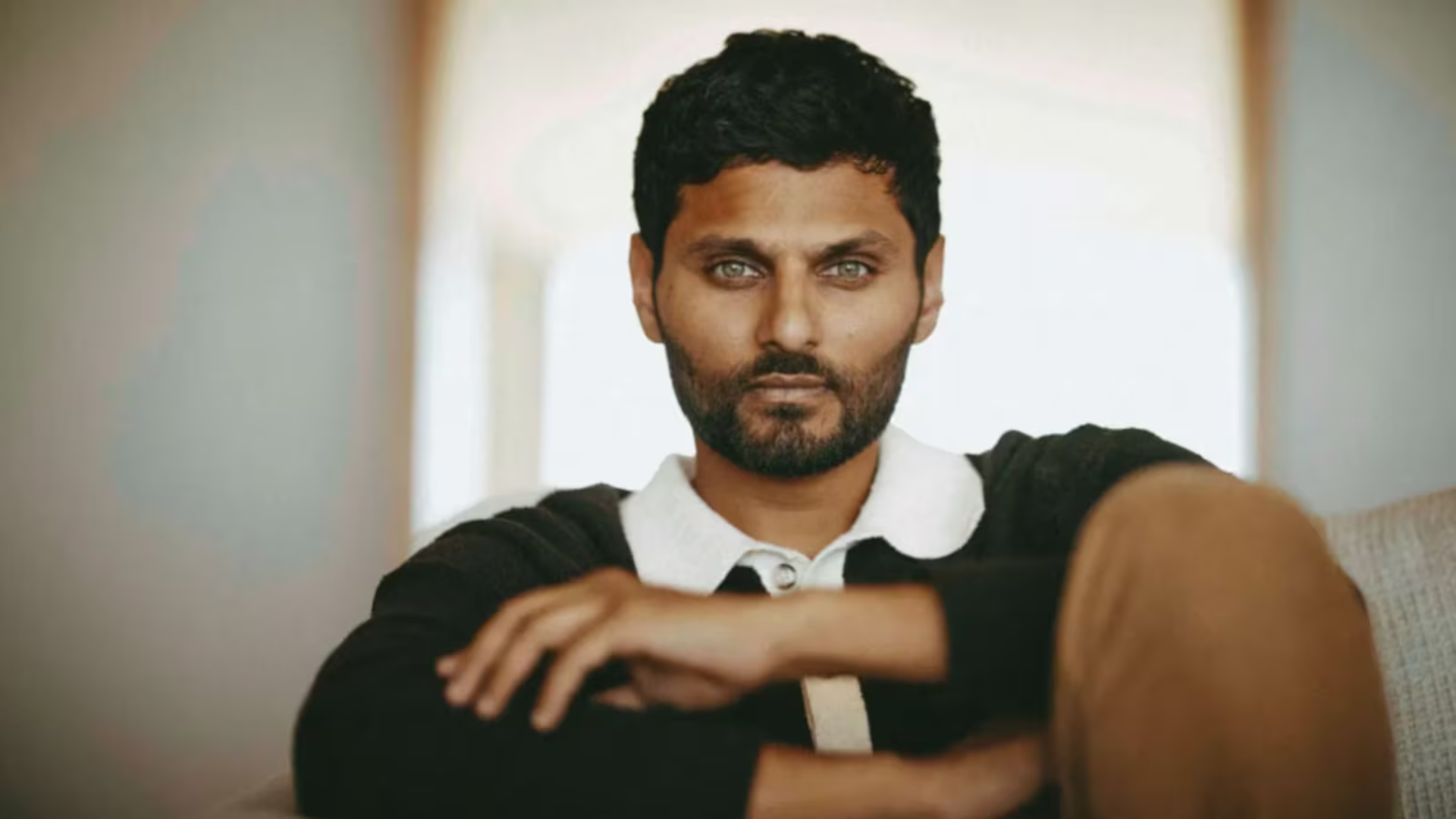
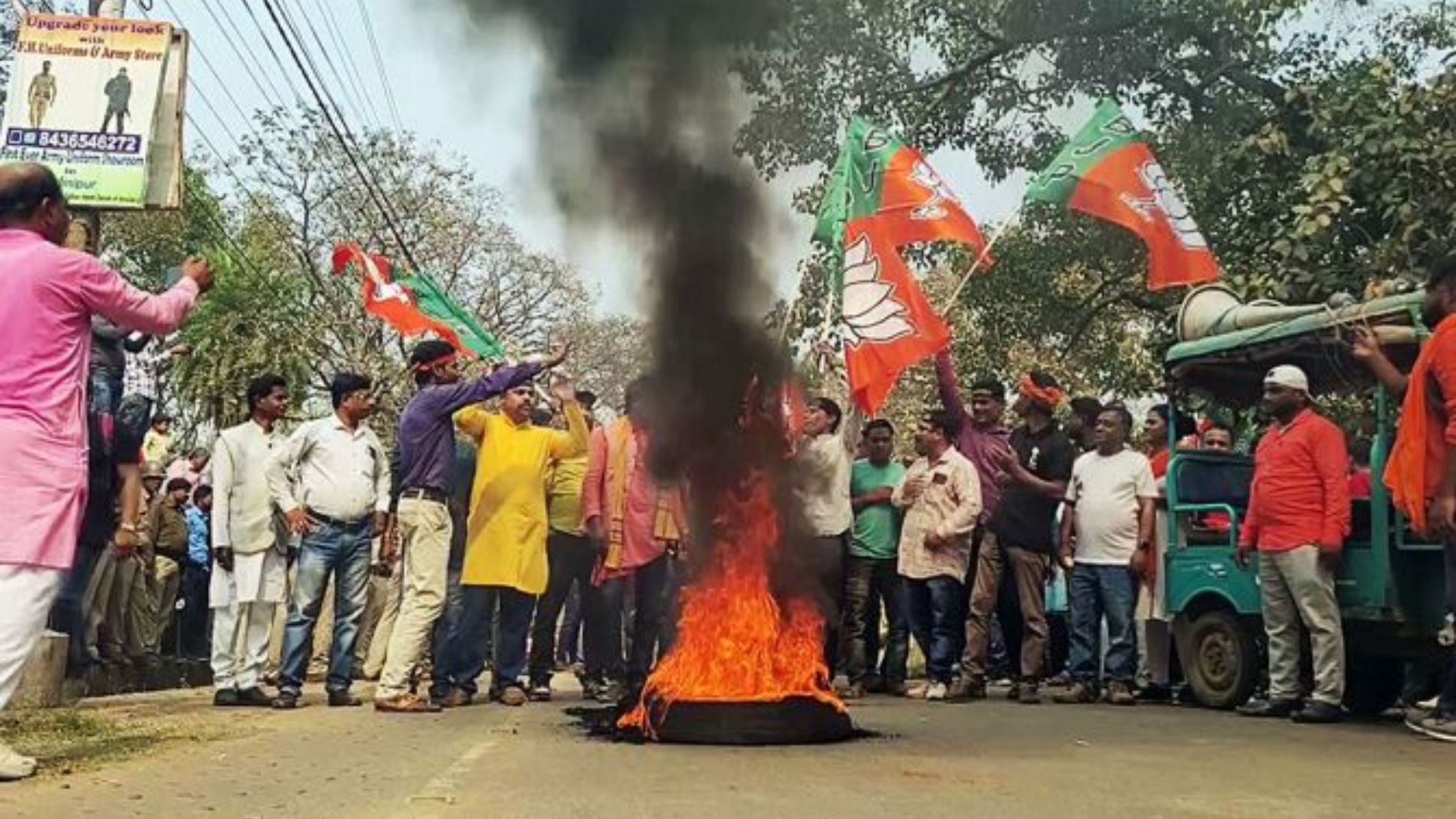
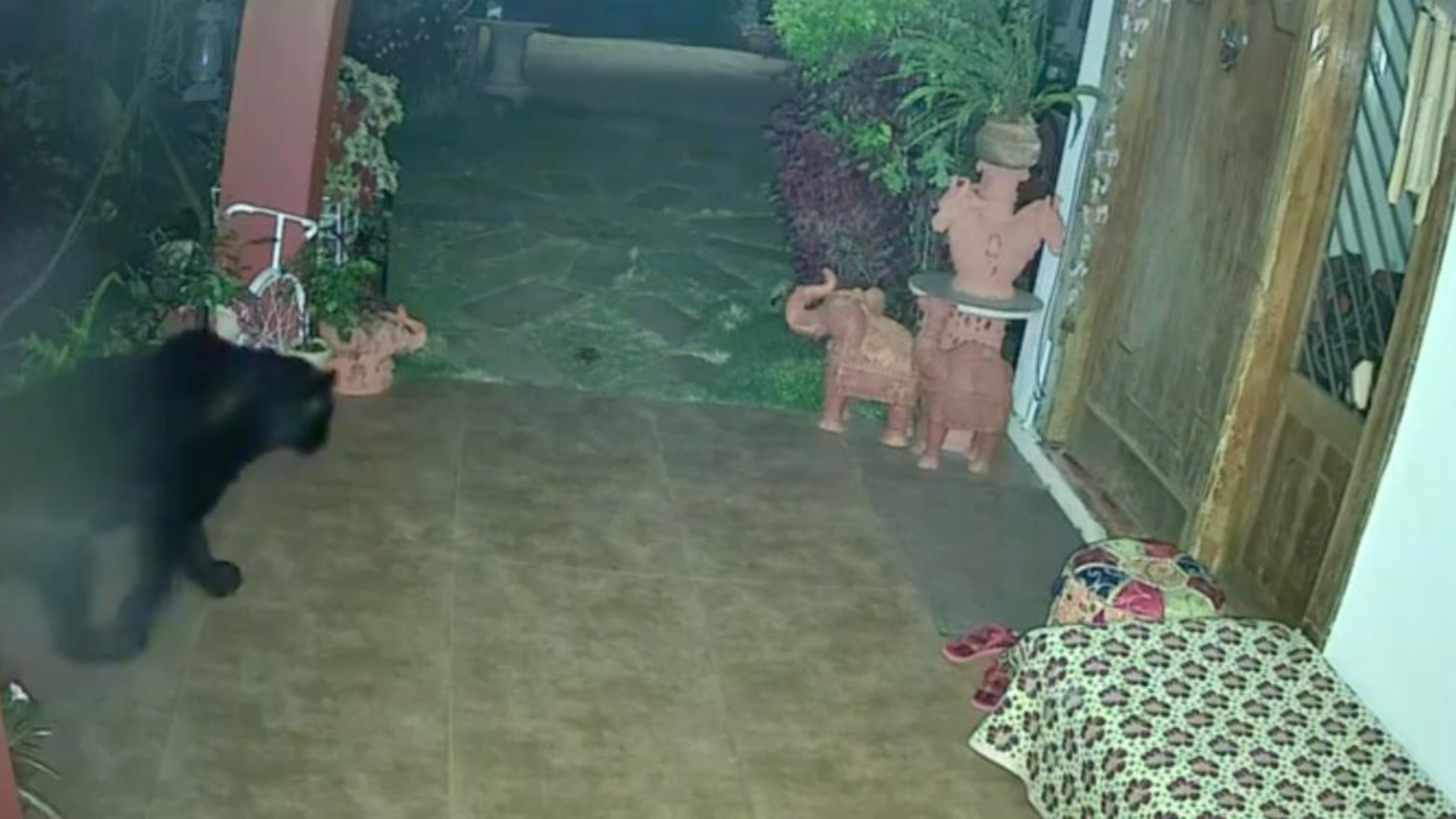
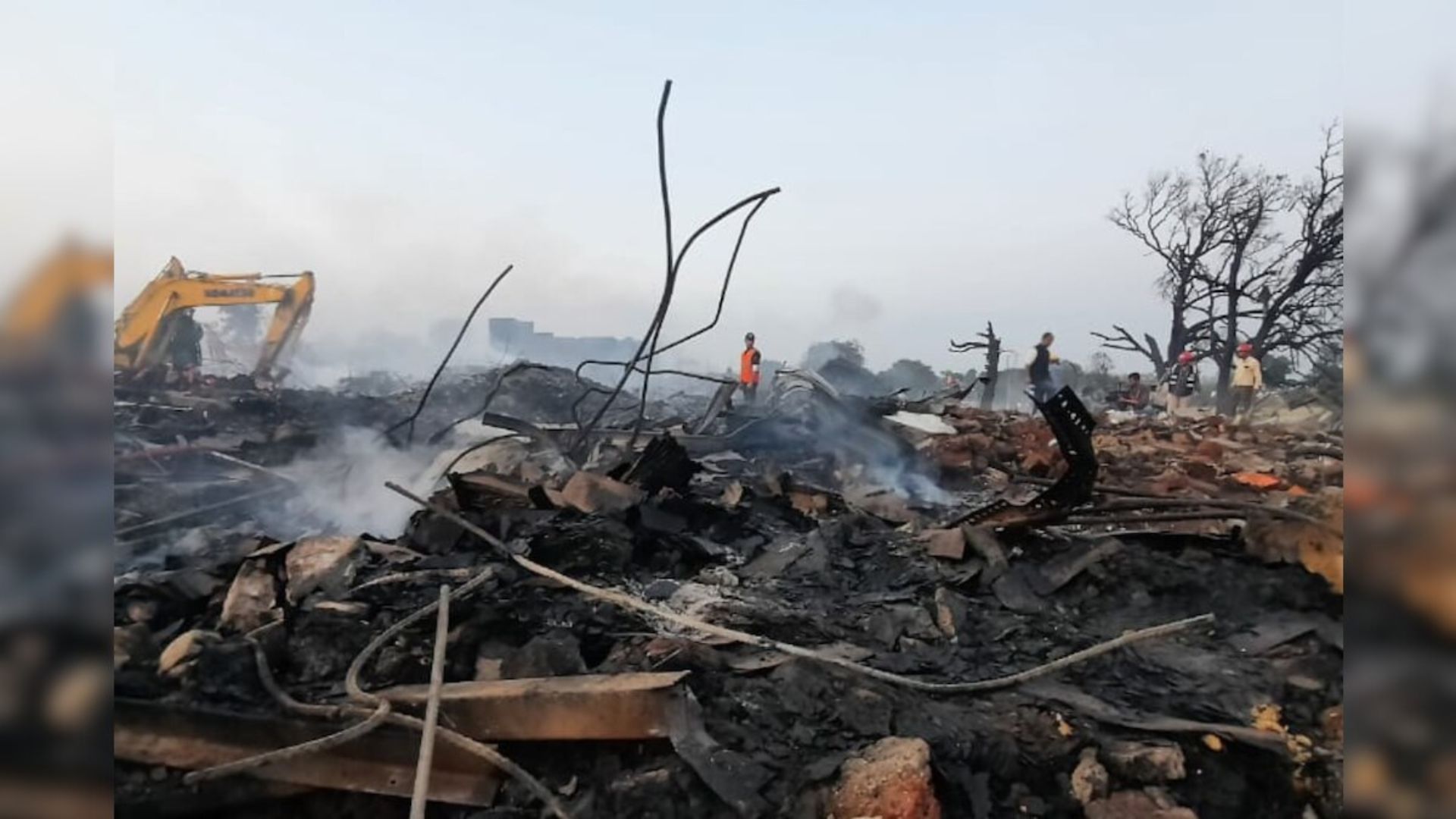
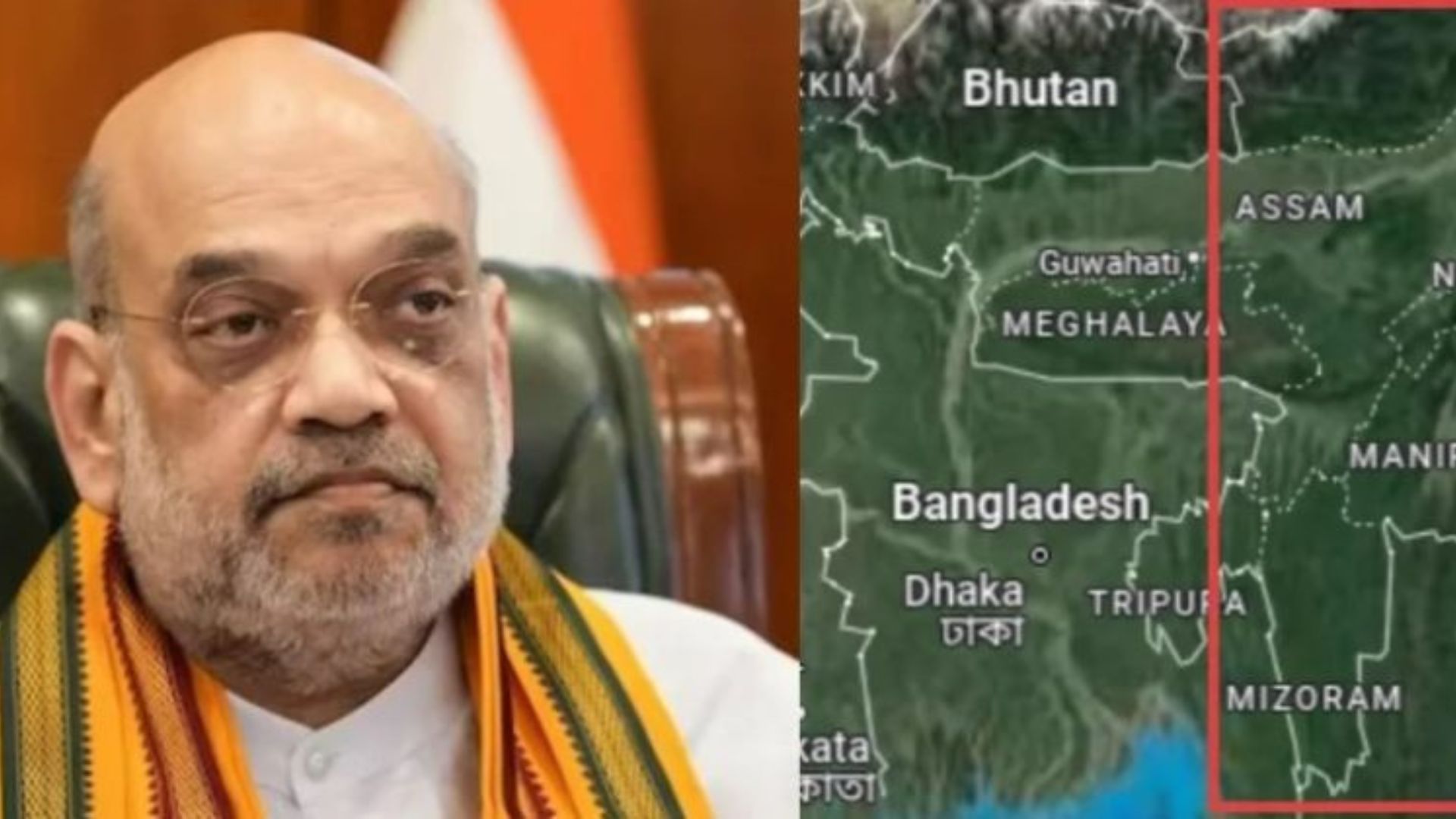

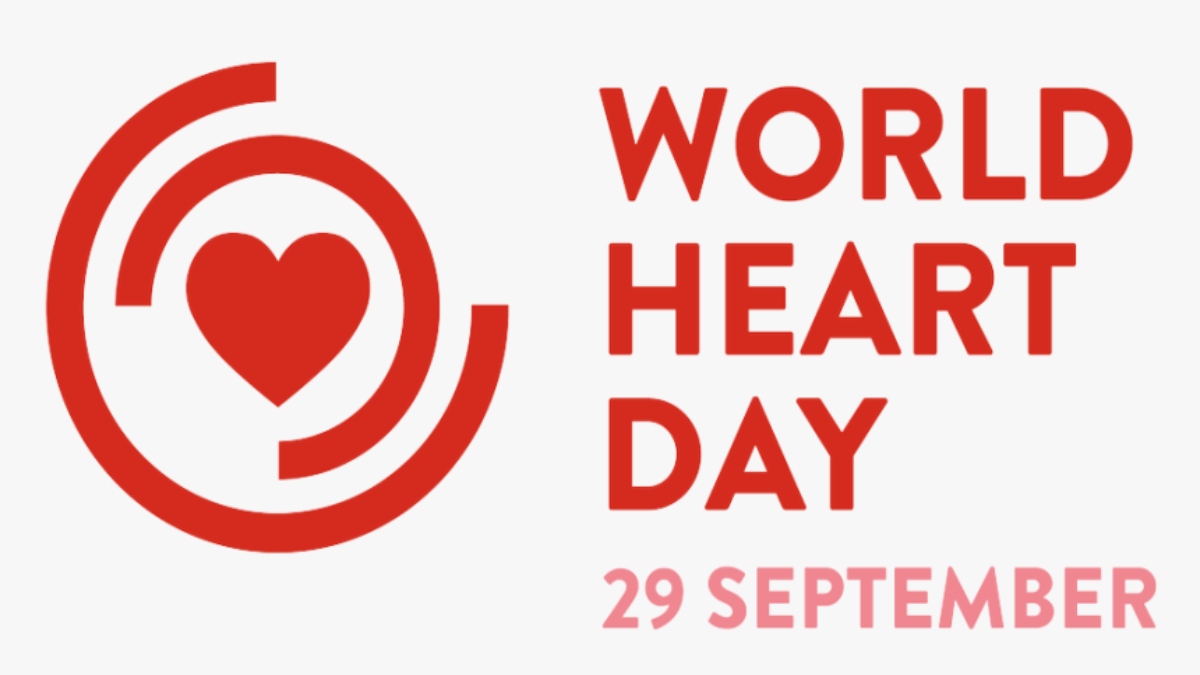
For the whole world, the catastrophic COVID-19 epidemic has been a nightmare. In fact, when it comes to the overall number of cases and deaths, India comes in third.
It’s true that the pandemic is now becoming endemic, but COVID has not yet been totally eradicated, so we are still far behind and shouldn’t disregard preventive measures like wearing a mask in public or getting a booster injection after receiving two doses of the initial vaccination. Social media is rife with false reports that people have been experiencing heart attacks or incidents of heart inflammation after receiving COVID-booster injections.
On the other hand, it is crucial that we receive booster doses to guard against contracting COVID, which can be deadly to anyone.
Every year on September 29, World Heart Day is observed to raise awareness about the value of maintaining heart health because the heart is one of the most vital organs for both removing waste products and supplying oxygen and nutrients to the body’s cells.
Given that heart health is related to lifespan and survival, any indication of heart disease should be handled carefully.
Experts emphasise that there is no cause-and-effect relationship between cardiac conditions like myocarditis or inflammation of the heart and the COVID vaccine or booster shots, keeping in mind the theme of this year’s World Heart Day, “USE HEART FOR EVERY BEAT,” and raising awareness. In addition, numerous studies conducted worldwide have shown that people who are vaccinated have a significantly lower risk of developing other serious complications caused by Covid-19.
Speaking on the topic, prominent cardiologist Dr. Ajay Madhukar Naik of Marengo CIMS Hospital in Ahmedabad stated, “According to statistics supplied by The Indian Cardiac Association, Indians tend to experience heart conditions at an earlier age than other populations, frequently without warning.
Contrary to the prior perception that heart-related problems primarily affect the elderly, it has been shown that 25% of all heart attacks in Indian males occur in their 30s and that 50% of all heart attacks in Indian men occur before the age of 50.
In addition to genetic factors, bad eating patterns and a protracted sedentary lifestyle can cause blockages in the coronary (heart) arteries.
Everyone has to be aware that heart disease is a result of smoking, using tobacco products, drinking excessive amounts of alcohol, working a desk job for a long period, and not scheduling regular physical activity.
Additionally, prolonged periods of emotional and mental stress and insufficient or incorrect sleep can have an impact. These variables were particularly prevalent during the COVID pandemic and have increased the burden of cardiovascular diseases in addition to the heart damage caused by COVID infection.
The huge increase in heart conditions and cardiac fatalities during the COVID epidemic and in the years after it, he continued, “may be connected to the weakening of the heart muscles and other harmful effects of a sedentary lifestyle due to “work from home” during the lockdowns.
Physical inactivity and psychological stress both have detrimental consequences on the heart. The negative effects of Covid-induced cardiac injury may have long-term repercussions.
Dr. A.M. Deshmukh, President of the Microbiologist Society of India, commented on the link between the COVID vaccination or booster doses and cardiovascular illnesses, stating that “COVID has clearly elevated the risk for cardiovascular disorders.
When infected with COVID-19, people with lifestyle disorders including diabetes, high cholesterol, and hypertension are more likely to get cardiac issues, have a heart attack, and even pass away than people without any co-morbid health conditions. Currently, against the most recent Omicron version and its subvariants, all 4 boosters—Covishield, Covaxin, Corbevax, and Sputnik Light—have demonstrated encouraging results. Getting your “precautionary dosage” is essential since the effectiveness of two major doses wears off over time and must be replaced in order to maintain protection against the new coronavirus.
The government announced free booster shots for everyone in an effort to increase the consumption of booster shots. The 75-day free booster dosage campaign is finally coming to an end, but three-fourths of the people are still waiting to receive their booster dose. The government, medical professionals, vaccine producers, and public health specialists must collaborate in order to emphasise the value of booster doses.
Experts from the media and social media platforms need to address the resistance to taking the booster dosage. With the exception of a few people who may have a typical temperature or body pains, which are usually after any type of vaccination, booster doses that are available in India are safe and have no negative adverse effects. Since schools, universities, and offices are returning to normal, public exposure and the likelihood of reinfection are increasing. This is especially true for children and young people who may bring the infection home, which may be quite worrying for senior family members. Although the government has not yet made booster shots mandatory, as responsible citizens, we should all make it a priority to receive them as soon as feasible.
Read more: Coal India to ink MoU with Indian Oil, BHEL, and GAIL for coal-to-chemical products

